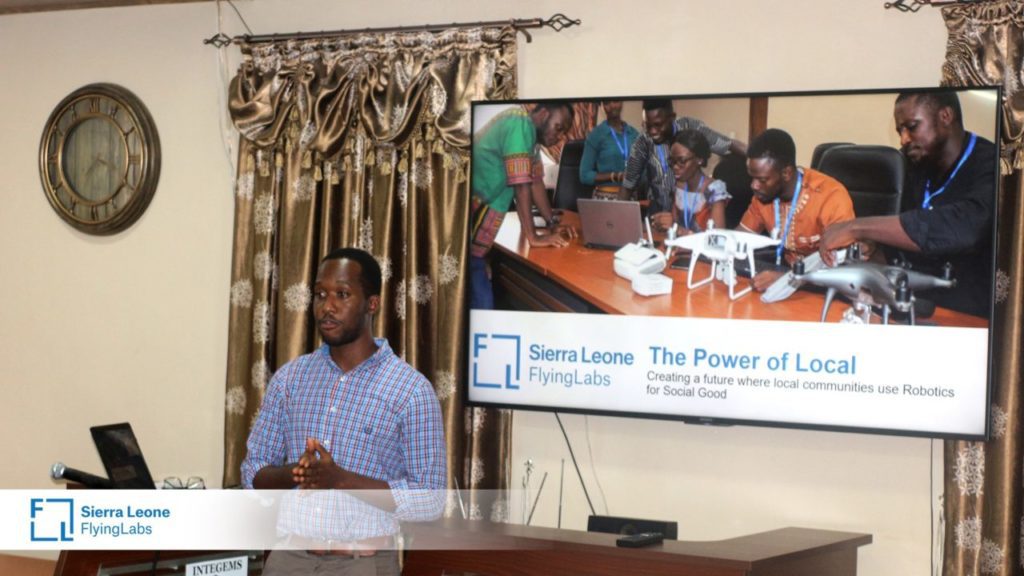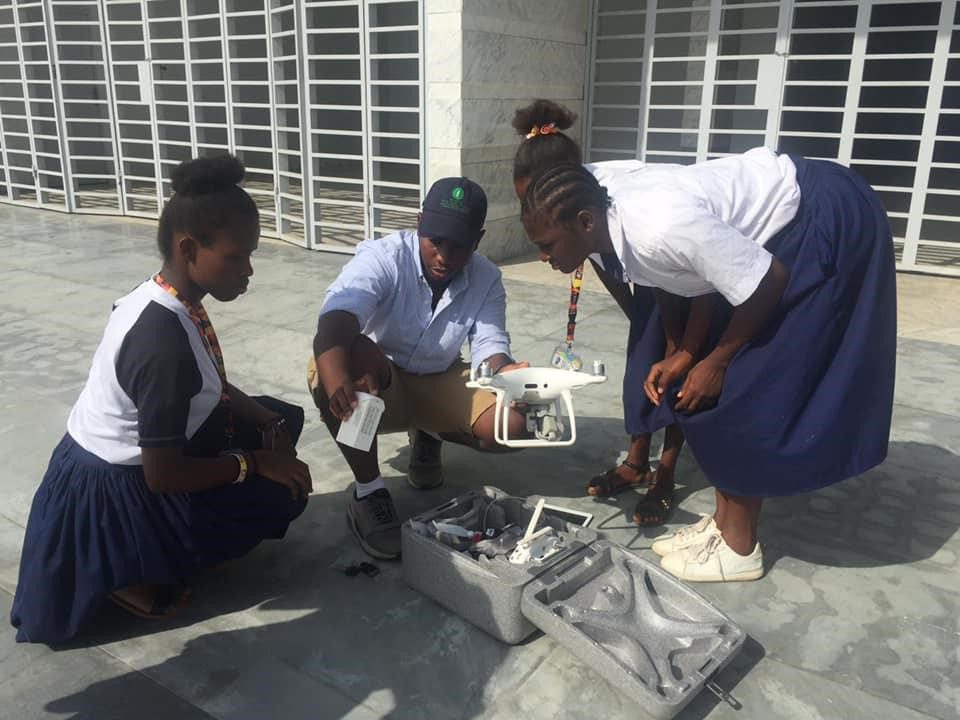
Putting the Flying Labs Model Through a Fully Independent Audit
July 16th, 2020

Since the incorporation of WeRobotics in December 2015, our nonprofit organisation has steadily grown on all levels: activities, partners & ecosystem, finances & income streams, impact, experiences, and most importantly, the Flying Labs network. Exploring and pushing the boundaries on how to shift the power back to local experts, we are deeply humbled by our joint 5-year journey with the hundreds of change-makers who make up the Flying Labs network.
We believe in constant introspection and external advice to guide our way forward and to keep on adapting our model and framework to match the experiences we make. To do so, we actively and regularly seek and receive impactful external advice and feedback from the Flying Labs networks and our partners. This allows us to fine-tune and adapt our strategy and activities, hearing directly from the organisations and people we work for. Sometimes, their feedback might be softened or biased, as we are directly asking for it.
For this reason, we decided to collaborate with Columbia's University School of International and Public Affairs (SIPA) on a capstone project earlier this year. The project’s goal was to better understand the added value of our 'Shift the Power' model and analyze the opportunities and limitations of the model operating in an environment that is still very much dominated by a top-down approach. The project provided an independent view and voice on our model, analyzing its key strengths, blindspots, and current weaknesses.
The key findings identified in our approach include strengths such as partnership, collaboration, knowledge sharing, and transfer as well as local decision making. Weaknesses included lack of control, clarity of roles, and communication as well as lack of funding available to support innovative models.
This year’s SIPA capstone project team was comprised of a hard-working, highly talented and motivated team of students, supported by their professors. Over a 3-month analysis phase, the team reached out to Flying Labs, their local partners, and our donors, to ask critical questions in semi-structured interviews and gather unbiased feedback. Using sense-making methods and data triangulation, the outcomes were structured in highly relevant key findings and recommendations. The key findings identified in our approach include strengths such as partnership, collaboration, knowledge sharing, and transfer as well as local decision making. Weaknesses included lack of control, clarity of roles, and communication as well as lack of funding available to support innovative models. We found the point on “lack of control” particularly interesting as we see it as a feature rather than a bug.

The recommendations made by the independent team tied in with a number of initiatives already planned, such as new ways to share knowledge within the network, or a framework extension tackling the qualitative growth of the network. And gave us new ideas on improving internal and external communication and storytelling.
Our goal for the remainder of 2020 is to advance and implement the actions that directly address all recommendations, and to keep evolving our Shift the Power model. The goal remains the same: To lead towards a system change by shifting the power back to local (expertise and leadership) while harvesting the opportunities of the model and network to share experiences globally and grow strong together.

We are very grateful to Columbia SIPA for their deep expertise and invaluable contribution to our growing organization Thanks to such highly valuable collaborations, our organisation has the needed independent and critical insights that allow us to make informed strategic decisions.
Recent Articles

